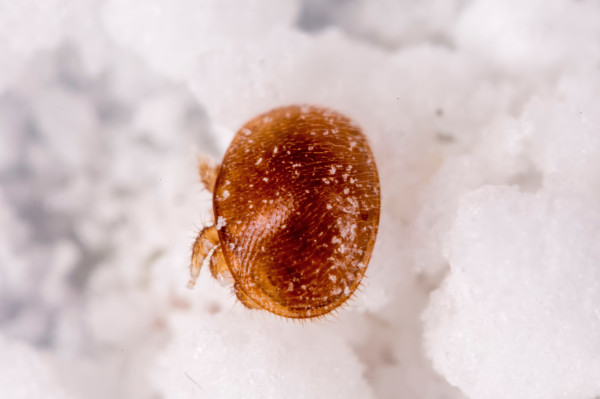A NATIONWIDE effort to manage varroa mite in beehives has entered a new phase with with authorities building on a move from a strategy of eradication to control of the pest.
The increased effort comes after the mite was detected in June 2022 via a monitoring program, with infestations of the parasite found mostly in New South Wales since then, although one case was discovered at Nangiloc in mid-august this year.
In the latest move to manage the pest as part of the National Varroa Mite Management Program sees 48 specially skilled trainers deployed throughout Australia.
“Following the decision to transition to management, the national management group agreed that widespread education and training was essential for industries to continue to move forward,” said Tamara Prentice, National Varroa Transition to Management coordinator.
“This is a positive outcome for all beekeepers, and I urge them to take advantage of the trainers’ expertise, even if the parasite has yet to be detected in their area.”
The deployment of the trainers is set to include an increased number of workshops and events aimed at managing the threat and spread of the parasite.
“The NVMMP will continue to roll-out additional Varroa Mite Management Workshops next year,” Ms Prentice said.
“These workshops have been very popular with beekeepers since the first sessions were held in February this year. Since then, over 5400 beekeepers have taken part in 76 workshops held across the country.
“The cohort of beekeepers trained collectively manage more than 35 per cent of registered hives nationally.
“We set an ambitious target of hosting more than one hundred Varroa Mite Management Workshops across the country.
“We’re pleased to report that we’re well on track on reaching this target by the conclusion of the program.
“And by extending training opportunities until August 2025, we’re providing beekeepers not yet impacted by the mite with additional time to access training in preparation.”
Varroa mites attack beehives and can cause the colonies to collapse and die within two to three years.
For more information on the workshop and the overall varroa mite control effort visit varroa.org.au.
















